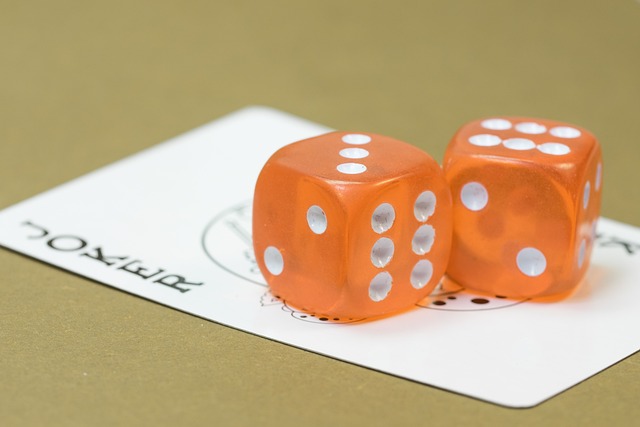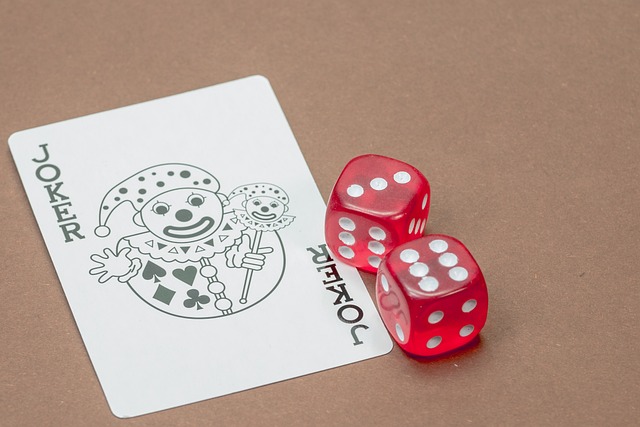As technology continues to redefine the gambling industry, slot machines—long considered one of the simplest and most static forms of entertainment—are poised for a major upgrade. One of the most intriguing developments on the horizon is the integration of emotion-sensing features into these popular casino games. Using a combination of AI, biometric data, and facial recognition, future slot machines may be able to analyze players’ emotional states and adapt gameplay in real time. While the technology is still emerging, its potential impact on personalization, responsible gaming, and player engagement is significant. But as with any powerful innovation, emotion-sensing raises both exciting possibilities and serious concerns.
How Emotion-Sensing Technology Works
Emotion-sensing technology uses a blend of facial recognition, physiological sensors, and machine learning algorithms to interpret a user’s emotional state. Cameras embedded in the slot machine could track facial expressions, pupil dilation, and micro-movements, while biometric sensors might measure heart rate or skin temperature. These data points are processed in real time to infer whether a player is happy, bored, frustrated, or even distressed. The goal is to create a responsive machine that adapts gameplay based on the player’s emotional feedback. For example, if a player appears disengaged, the game could introduce bonus rounds, visual effects, or new sounds to re-engage them. If the system detects signs of stress or compulsive behavior, it might pause the session or issue a responsible gambling prompt.
Enhancing Gameplay and Personalization

One of the most obvious benefits of emotion-sensing slot machines is enhanced personalization. Currently, slot games offer the same experience to every user, regardless of their behavior or mood. With emotion detection, machines could tailor experiences based on individual reactions. A relaxed and happy player might continue with standard gameplay, while a frustrated player could receive encouragement or gameplay variations to maintain interest. This level of customization could increase entertainment value and player satisfaction, especially in competitive casino markets where user retention is critical. It also opens the door to dynamic environments that respond to emotional cues—turning passive play into an interactive and engaging experience that’s more in line with modern gaming expectations.
Supporting Responsible Gambling Measures
Beyond entertainment, emotion-sensing features could serve as powerful tools for responsible gambling intervention. If a player shows signs of distress, anxiety, or compulsive behavior, the system could intervene in real time—offering cooling-off periods, responsible gambling messages, or access to support resources. In extreme cases, the machine might even restrict further play. This proactive approach contrasts with traditional systems, which rely on users to self-report or manually set limits. By identifying risky behavior before it escalates, emotion-sensing technology could help operators comply with stricter regulatory standards and demonstrate a commitment to player welfare. It transforms responsible gaming from a reactive process into a built-in safety net.
Ethical and Privacy Considerations

Despite the potential benefits, ethical concerns surrounding emotion-sensing slot machines are significant. Collecting and analyzing biometric data raises serious questions about consent, data ownership, and surveillance. Players may be unaware of how much information they are sharing or how it’s being used. In some cases, the technology could be manipulated to exploit emotional vulnerability, encouraging more play rather than promoting moderation. Transparency will be crucial—casinos must inform users when emotion-sensing features are active and provide clear options to opt in or out. Additionally, stringent data protection protocols will be necessary to ensure that personal biometric data isn’t misused, shared without permission, or exposed through breaches.
Will Emotion-Sensing Change the Slot Machine Experience?
As emotion-sensing technology evolves, its integration into slot machines could transform the very nature of gambling. No longer simple games of chance, future slots might behave more like interactive systems that respond to human feedback, blurring the line between casino entertainment and adaptive gaming. This shift could attract new audiences who crave immersive, tailored experiences while also supporting safer play practices. However, the success of such machines will depend on striking a balance between innovation and integrity. If designed ethically and used responsibly, emotion-sensing features could be a groundbreaking advancement. But if misapplied or poorly regulated, they risk compromising trust and turning personalization into manipulation. For now, emotion-aware slots remain largely conceptual—but they are quickly moving from science fiction to a very real part of gambling’s high-tech future.
